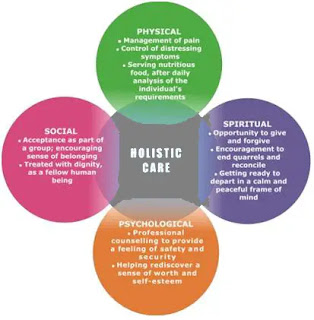Medicine, the art and science of healing, has been an intrinsic part of human existence since time immemorial. From ancient herbal remedies to modern technological marvels, the field of medicine has evolved to address a myriad of ailments and improve the quality of human life. This article explores the dynamic landscape of medicine, its historical evolution, its role in healthcare, and its profound impact on individuals and societies.
1- Historical Evolution
The roots of medicine stretch back to ancient civilizations where healers relied on observation, intuition, and a deep connection with nature to devise remedies. Egyptian papyri, Ayurveda from India, and traditional Chinese medicine all bear witness to the early attempts at understanding and treating the human body. Over centuries, medicine has integrated scientific knowledge, leading to breakthroughs that have reshaped healthcare.
2- The Modern Medical Landscape
The marriage of scientific discovery and medical practice has led to astonishing advancements. From the development of vaccines and antibiotics to cutting-edge surgical techniques and personalized treatments, modern medicine has extended our lifespan, alleviated suffering, and conquered once-deadly diseases.
3- Holistic Approach to Healthcare
Medicine encompasses more than just the treatment of physical ailments; it embraces a holistic approach to well-being. This includes considering the mental, emotional, and social aspects of health. The field of psychosomatic medicine acknowledges the interconnections of the mind and body, highlighting the importance of addressing psychological factors in the treatment of physical ailments.
4- Frontiers of Medical Science
The realm of medicine is ever-evolving, with ongoing research pushing boundaries and opening new horizons. Genetic therapies, regenerative medicine, medicine, and artificial intelligence are shaping the future of healthcare. The decoding of the human genome has paved the way for personalized medicine, tailoring treatments to an individual's genetic makeup.
5- The Human Connection
While the science behind medicine is crucial, the human connection between healthcare providers and patients is equally vital. Empathy, compassion, and effective communication play an essential role in facilitating healing. The doctor-patient relationship can significantly impact patient outcomes, fostering trust and promoting patient involvement in their own care.
6- Challenges and Ethical Considerations
Medicine also grapples with ethical dilemmas, such as the allocation of limited resources, end-of-life decisions, and the potential risks of medical interventions. Striking a balance between technological advancements and ethical considerations is an ongoing challenge for the medical community.
7- Global Health and Equity
The field of medicine extends beyond individual health to encompass global health disparities. Access to quality healthcare varies greatly across regions and sociology-economic strata. Efforts to bridge this gap are ongoing, with organizations working to provide medical care, training, and resources to under-served communities around the world.
Conclusion
Medicine is a tapestry woven from the threads of science, compassion, and human ingenuity. It touches every aspect of our lives, from the moments of vulnerability when we seek healing to the monumental strides in healthcare that shape societies. As medicine continues to evolve, it reminds us of our shared responsibility to care for one another and to harness the power of science to create a healthier, more equitable world.








Comments
Post a Comment